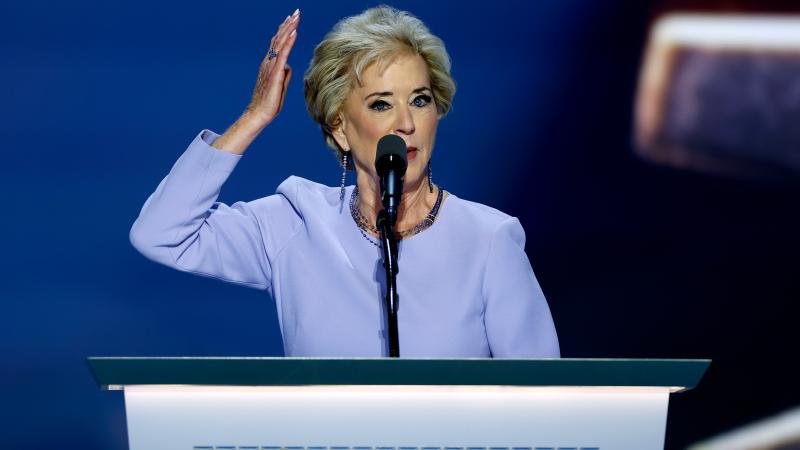WHO formally adopts controversial pandemic treaty, aiming to protect world from future health crises
The agreement comes as the United States prepares to leave the organization in 2026, over its handling of the COVID-19 pandemic. The U.S. has not commented on the new agreement so far.
The World Health Organization (WHO) on Tuesday formally adopted the world's first pandemic treaty during its plenary session, which says it aims to help the world better respond to future health crises.
WHO member states voted to approve a resolution on the global pandemic treaty on Monday.
The pandemic agreement creates the first ever world accord that addresses the gaps and inequities in preventing, preparing for and responding to global pandemics. It now marks the end of a three-year process that began during the COVID-19 pandemic.
The agreement was adopted under Article 19 of the WHO Constitution.
“The world is safer today thanks to the leadership, collaboration and commitment of our Member States to adopt the historic WHO Pandemic Agreement,” WHO Director-General Tedros Adhanom Ghebreyesus said in a statement. “The Agreement is a victory for public health, science and multilateral action. It will ensure we, collectively, can better protect the world from future pandemic threats.
"It is also a recognition by the international community that our citizens, societies and economies must not be left vulnerable to again suffer losses like those endured during COVID-19," he added.
The agreement comes as the United States prepares to leave the organization in 2026, over its handling of the COVID-19 pandemic, which has been heavily criticized by Republican lawmakers.
Lawmakers and experts have previously warned that a centralized agreement would place too much power in the hands of WHO, which was allegedly "complicit" in covering up the origins of the COVID-19 pandemic. The Trump administration and Republican lawmakers believe the most likely cause of the pandemic comes from a lab leak in Wuhan, China.
The adoption comes after Slovakia warned Monday that it would oppose the agreement in its current form, but later opted to abstain from the vote instead. A total of 11 countries abstained, and 124 voted in favor of the agreement. Iran, Russia, Poland, Italy and Israel also abstained, per Reuters.
"We believe that the pandemic agreement in its current wording creates chaos and ambiguity. It overlaps with the revised International Health Regulations but fails to define which obligations take precedence or how states should act," Slovakia's Smer-SD party said in a statement.
The party said the resolution should guarantee individuals have the right to "free and informed consent" when using new vaccines. It should also set up a fast compensation process for people who "suffer damage to their health as a result" of the vaccines and new medications, it added.
Misty Severi is a news reporter for Just The News. You can follow her on X for more coverage.













